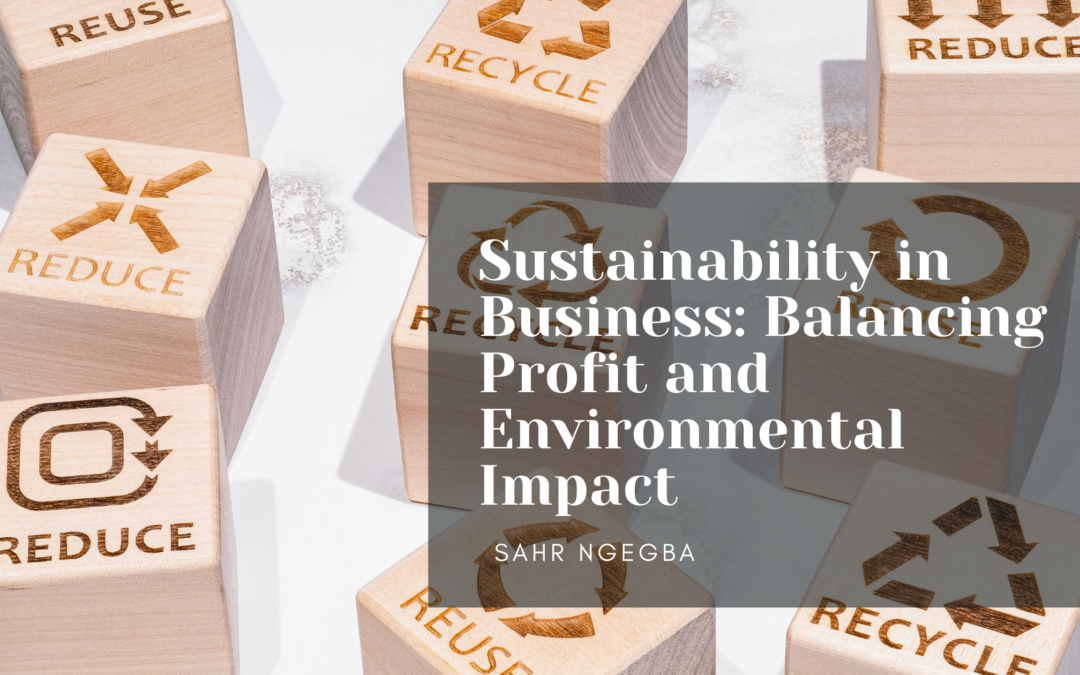In an era where environmental concerns are at the forefront of global discourse, businesses increasingly recognize the importance of sustainability. Achieving a balance between profitability and environmental responsibility is a moral imperative and a strategic business decision.
Triple Bottom Line: Beyond Profit to People and the Planet
Sustainability in business is often measured by the triple bottom line, which goes beyond financial performance to include social and environmental considerations. This framework evaluates a company’s impact on people, the planet, and profits. Organizations can create value beyond monetary gains by incorporating social responsibility and environmental stewardship into business strategies.
Circular Economy Practices: Reducing Waste and Maximizing Resources
Embracing circular economy practices is a fundamental aspect of sustainable business. Rather than following a linear model of production and disposal, a circular economy focuses on minimizing waste, recycling materials, and maximizing resource efficiency. This reduces the environmental footprint and can lead to cost savings through improved resource management.
Supply Chain Sustainability: Ethical Sourcing and Responsible Practices
The sustainability of a business is intricately linked to the sustainability of its supply chain. Organizations are increasingly scrutinizing their supply chains to ensure ethical sourcing, fair labor practices, and environmentally responsible production processes. Transparent and responsible supply chain management is a key component of sustainability and a factor that resonates with conscious consumers.
Energy Efficiency and Renewable Resources: Mitigating Environmental Impact
Businesses can contribute to sustainability by prioritizing energy efficiency and transitioning to renewable resources. Investments in energy-efficient technologies, renewable energy sources, and carbon offset programs align with environmental goals. They can result in long-term cost savings, making it a win-win for the business and the planet.
Corporate Social Responsibility (CSR): Aligning Business Values with Social Impact
Corporate social responsibility involves businesses taking responsibility for their impact on society and the environment. Engaging in CSR initiatives, such as philanthropy, community engagement, and environmental conservation efforts, fosters a positive corporate image and addresses societal and environmental challenges. Aligning business values with social impact can increase brand loyalty and customer satisfaction.
Transparency and Reporting: Building Trust Through Accountability
Transparent reporting on sustainability practices is essential for building trust with stakeholders. Businesses that openly share information about their environmental impact, sustainability goals, and progress demonstrate a commitment to accountability. This transparency builds trust with customers and can attract environmentally conscious investors and partners.
As consumers increasingly prioritize sustainability, organizations that proactively integrate environmental responsibility into their business models contribute to a healthier planet and secure their relevance in a conscientious marketplace.

